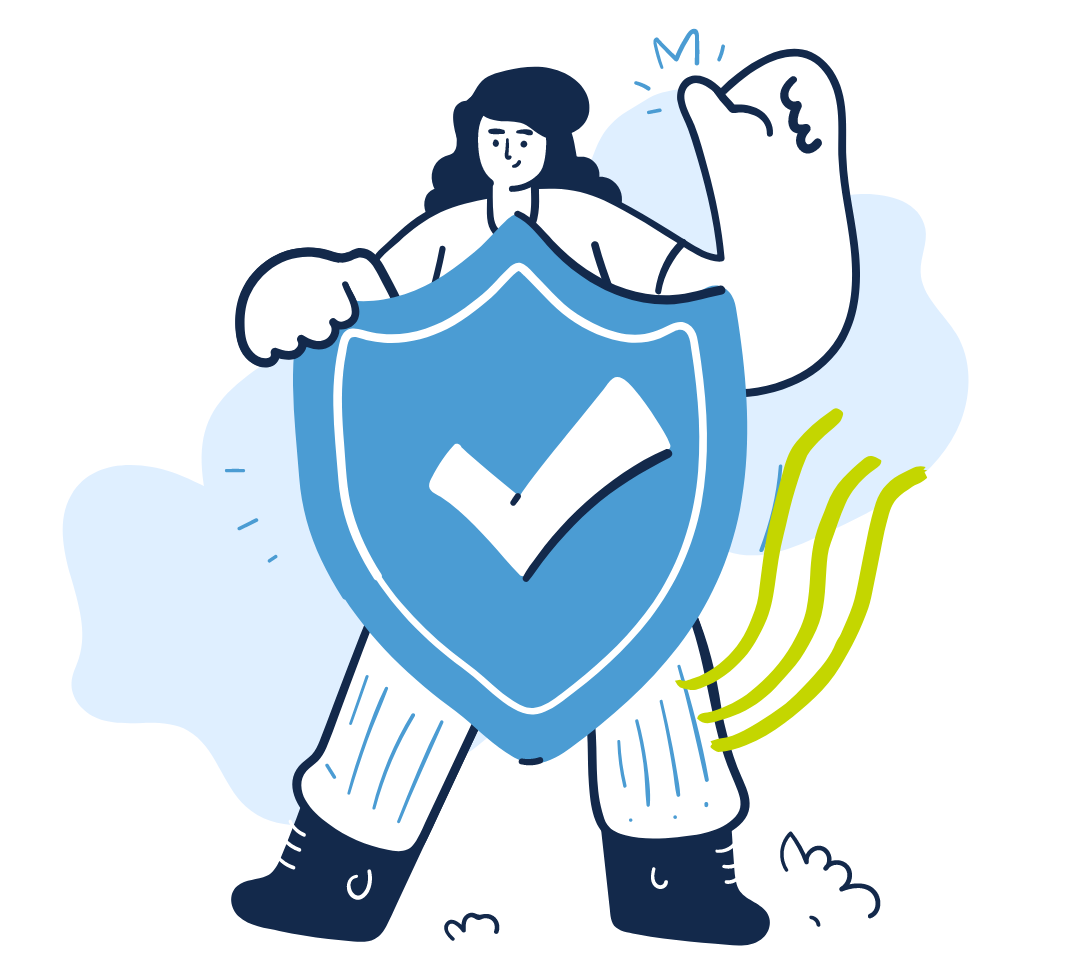To maintain uninterrupted Wi-Fi access, ITS encourages students, faculty and staff to take a few minutes and reregister devices with eduroam before January 23, 2025.
Eduroam is UNC-Chapel Hill’s primary Wi-Fi network and provides a secure and encrypted connection to the University’s resources and the internet.
On January 23, 2025, an eduroam certificate will expire and devices — like laptops or smartphones — using that certificate will not be able to connect to Wi-Fi until reregistered with eduroam. Users who enroll their devices after May 15, 2024, will use a new eduroam certificate and will stay connected.
As part of the eduroam enrollment process, you download and install a certificate. That certificate enables the device to validate with campus RADIUS servers before sending user credentials. RADIUS, or remote authentication dial-in user service, is a networking protocol that enables authentication and authorization for Wi-Fi networks.
Reregistering with eduroam takes just a few minutes per device and renews the certificate for four years. By comparison, UNC-PSK, a Wi-Fi network for devices that are not compatible with eduroam, requires reregistration each academic year. Periodic reregistration ensures the right people and devices are accessing UNC’s networks.

ITS Networking installs, upgrades and maintains more than 12,00 wireless access points all over campus. On a busy day at UNC, nearly 55,000 devices might be simultaneously connected to eduroam.
Registering with eduroam takes minutes, adds benefits
ITS recommends that all students, faculty and staff register their devices with eduroam before accessing University resources because eduroam provides a secure and encrypted connection.

When pronouncing eduroam, say the “edu” like “education.” That’s because it’s short for “education roaming.” Bonus tip: eduroam is spelled with a lowercase “e.”
Eduroam uses the strongest encryption and authentication standards available to help keep you — and the University — safe. In fact, some University resources, like Heelmail and network drives, aren’t accessible on UNC’s guest Wi-Fi networks.
And when you’re off campus, eduroam’s security travels with you. Because eduroam is a worldwide consortium of networks, you’ll automatically connect whenever you’re in range of an eduroam hotspot — more than 10,000 worldwide. And your credentials are never shared with the hotspot or the eduroam institution you’re visiting.
Even when you’re a thousand miles (or more!) away from Carolina, your credentials are routed through UNC-Chapel Hill to verify your access. This means you only need to trust your “home” eduroam institution — UNC-Chapel Hill. You can read two students’ study abroad stories to hear just how effortless it was for them to connect to eduroam while overseas.
